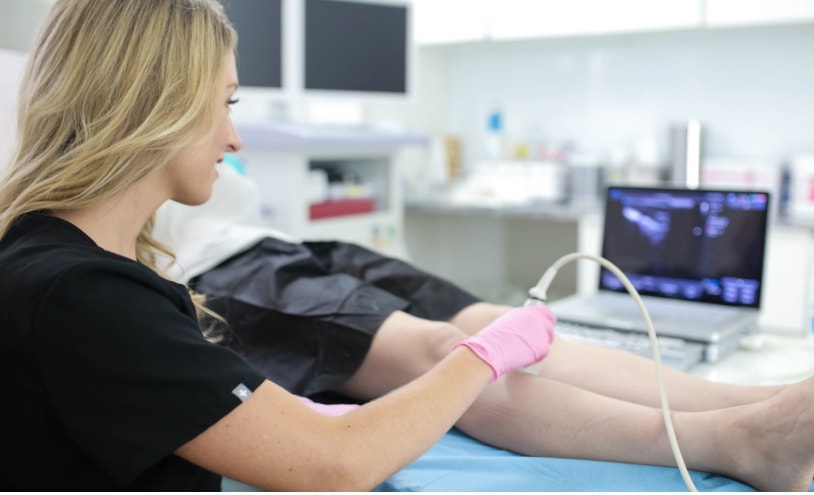Vein disorders often begin subtly—tired legs, swelling, or minor discoloration. For many patients, these symptoms are either misdiagnosed or dismissed in primary care settings. That’s not due to negligence, but rather a limitation in training and resources. When it comes to vascular conditions like varicose veins, chronic venous insufficiency, or spider veins, the difference between a general doctor and a vein specialist can significantly affect outcomes.
While both general practitioners and specialists are important in healthcare, the precision, technology, and long-term management strategies offered by a vein clinic are unmatched in the treatment of venous disease.
Why Vein Conditions Require Specialist-Level Diagnostics and Care
General practitioners are trained to recognize a wide range of medical issues, but venous disorders often require a level of detail and imaging that goes beyond standard physical exams. A vein specialist utilizes high-resolution duplex ultrasound to identify underlying vein reflux, valve dysfunction, or deep vein thrombosis—issues that can’t be fully understood without vascular imaging expertise.
In many cases, what appears to be a surface-level cosmetic issue is actually the result of deeper, chronic venous insufficiency. A generalist might prescribe compression stockings or suggest lifestyle changes, while a specialist will identify the root cause and offer a targeted treatment plan.
Treatment Options Only a Vein Specialist Can Provide
Minimally invasive treatments such as endovenous laser therapy (EVLT), radiofrequency ablation (RFA), and ultrasound-guided foam sclerotherapy require not only specialized equipment but also specific clinical expertise. These procedures must be performed under precise ultrasound guidance, with an understanding of vascular anatomy and hemodynamics.
General practitioners are not trained to perform these interventions. Without access to these techniques, patients may go untreated or may be referred late in the disease process, reducing their chances of a fast and full recovery.
A vein doctor also monitors the effectiveness of treatments through detailed follow-up imaging and knows when additional intervention is needed. This kind of long-term care is essential to prevent recurrence, skin changes, or ulcerations.
The Role of Vein & Wound Experts in Advanced Vein Treatment in Los Angeles
Patients in the Downey Area of Los Angeles have access to one of the region’s most focused vein clinics. Unlike general practices, this facility is dedicated solely to vein care. The clinical team is trained in minimally invasive procedures and uses state-of-the-art equipment to ensure high precision, fast recovery, and sustainable outcomes.
One of the key strengths of this clinic is its diagnostic depth. Every patient undergoes a thorough vascular assessment using advanced imaging, followed by a tailored treatment plan. Unlike broader clinics, there is no guesswork—only data-backed decision-making. This level of attention significantly reduces the risk of recurrence or misdiagnosis.
However, specialization also has trade-offs. Vein & Wound Experts clinic typically do not manage unrelated conditions like cardiovascular disease or diabetes, so they work best when integrated into a larger healthcare plan in collaboration with your general physician. But for venous disorders, their focus becomes a clear advantage.
When Should You Seek a Vein Specialist Instead of a General Doctor
If you experience symptoms such as persistent leg swelling, heaviness, aching, visible veins, or skin changes near the ankles, it’s time to look beyond general medicine. These are not just cosmetic concerns—they’re signs of vascular dysfunction.
Seeing a general doctor first can be helpful for referral and initial advice, but don’t delay specialized care. The longer venous reflux is left untreated, the higher the risk of complications like ulcers, clots, and irreversible skin damage.
To learn more about the services of a trusted vein specialist in Los Angeles, visit Vein & Wound Experts and explore your options for minimally invasive, targeted vein care. They’re equipped not just to treat your symptoms—but to change the long-term trajectory of your vascular health.
